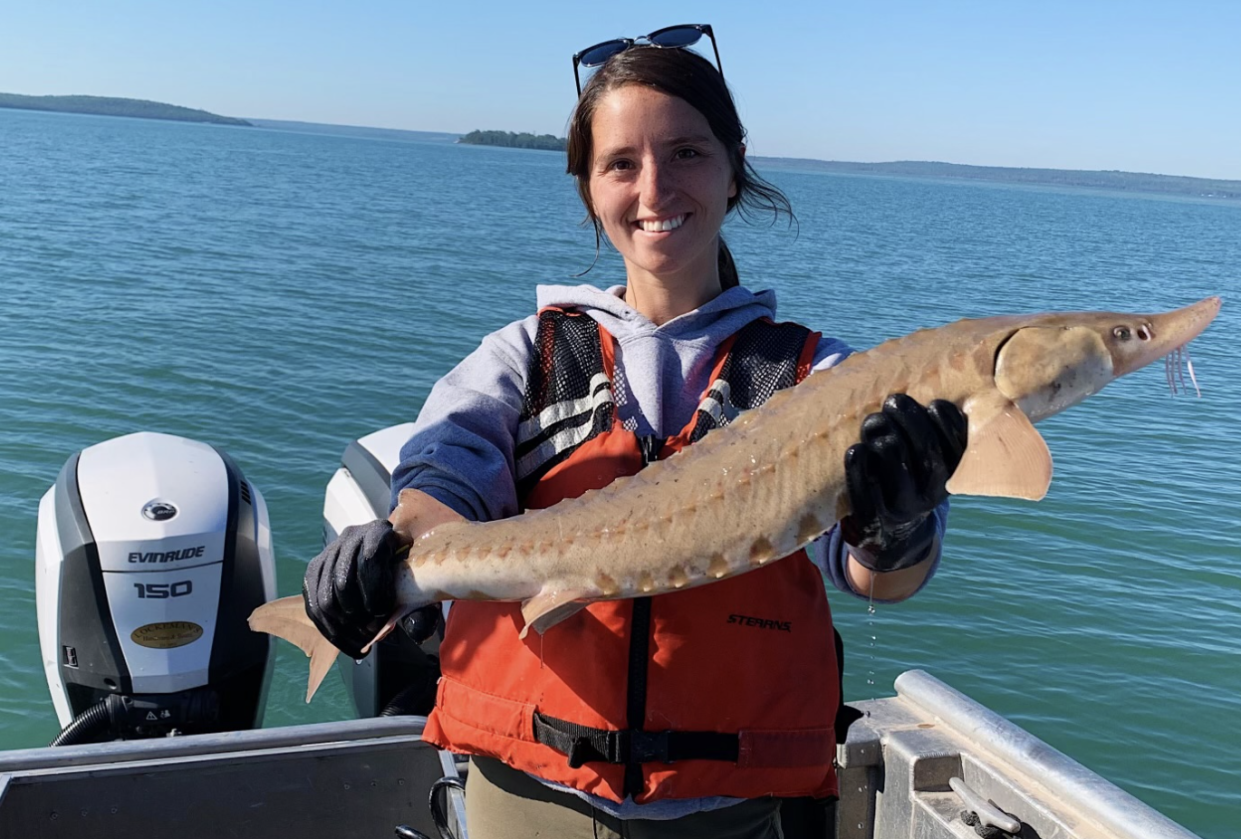Sault Ste. Marie Tribe to Appeal 1836 Treaty Fishing Rights Decision

The Sault Ste. Marie Tribe of Chippewa Indians. the most populated tribes east of the Mississippi River, announced on Monday its intention to appeal the ruling from U.S. District Court Judge Paul L. Maloney that would regulate all 1836 Treaty Tribes’ fishing rights for the next 24 years.
The ruling was made on August 24, 2023 by Judge Maloney that approved an agreement made between federal regulators, the Michigan Departement of Natural Resources, and four other Michigan federally recognized tirbes, the Bay Mills Indian Community from the Upper Peninsula, and the Grand Traverse Band of Ottawa and Chippewa, Little River Band of Ottawa, and Little Traverse Bay Bands of Odawa, to divvy up fishing rights in parts of the Upper Great Lakes.
The Sault Ste. Marie Tribe, which was not part of the agreement, contends the agreement infringes on their fishing rights provided through the 1836 treaty. Sault Tribe Chairman Austin Lowes says fishing is an integral part of the Sault Tribe identity and way of life, both culturally and economically.
"The Sault Tribe has been deeply disappointed in the court's order which restricts our rights as a sovereign nation, affects the livelihood of our citizens, and limits the ability of our people to feed themselves,” Lowes said. “Our legal counsel has reached out to the other parties in this case to see if there was room for settlement outside the legal avenue of an appeal. Unfortunately, those conversations proved to be in vain. The tribe has no choice now, but to pursue an appeal and fight for a better outcome for our citizens."
Lowes also stated “Our tribe would never take actions to harm the fishery. Our members represent the largest commercial fishing operation in Michigan, and we also represent the largest number of subsistence fishers among the tribes. That’s why the Sault Tribe Board of Directors is committed to protecting the treaty reserved fishing right for many generations to come and will take the necessary legal steps to do so.”
The Sault Tribe has been a longtime leader in sustainable fisheries management. The tribe works closely with other tribal governments, the Michigan Department of Natural Resources, the U.S. Fish and Wildlife Service and many others to ensure the health of the Great Lakes. The Sault Tribe Fisheries Program is constantly analyzing the health of the fishery through activities like disease testing and invasive species monitoring.
The Sault Tribe also operates several hatcheries throughout the eastern Upper Peninsula to help replenish the fish stock. The tribe has raised and stocked more than 18 million walleye in Michigan waterways since 1995. It has also recently been developing a similar program to help boost whitefish numbers in the Great Lakes.
The tribe’s next legal steps will be to file a notice of appeal to the United States Court of Appeals for the Sixth Circuit, which it intends to do by the Oct. 23 deadline.
About the Author: "Native News Online is one of the most-read publications covering Indian Country and the news that matters to American Indians, Alaska Natives and other Indigenous people. Reach out to us at editor@nativenewsonline.net. "
Contact: news@nativenewsonline.net

